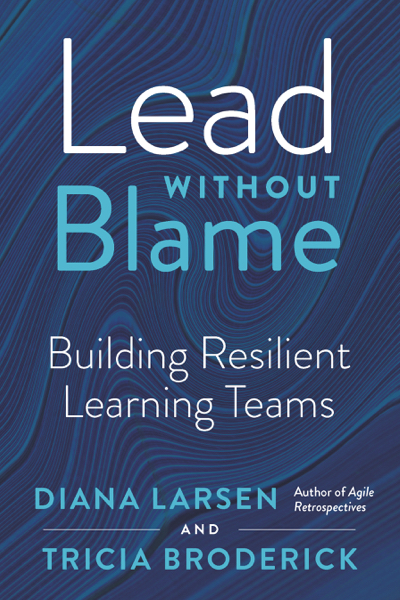I have been doing some form of a daily meeting since 2005. Although we were trying to develop with Agile in mind, the project in 2005 was anything but Agile. However, our leader set a 7:30 a.m. daily sync meeting. He indicated that in his experience, this was a great way to get people in sync with each other and tackle the day as a leadership team. He was right. Even when I wasn’t in the office, I called into this meeting. Now it didn’t last 10 min – instead it was typically 35 minutes, where we would all run to our 8 a.m. meeting late. We didn’t ask what each person did yesterday. We went around and said what we were targeting today, important announcements and roadblocks. So 2/3rds of a stand-up and in my opinion the most important parts of a stand-up.
The few times that I’ve experimented with reducing or removing daily meetings, communication issues rise. The team connection decreases. And personally, I waste a ton of time repeating myself to 10 different people. So the concept that a daily meeting would be objected by anyone has seemed completely foreign to me for a very long time. What’s the big deal? Meet quickly and share.
Well, I’ve experienced the situation where I found myself uncomfortable in a stand-up. I was on a client project as a part-time as needed Agile subject matter expert. This means that I attend their stand-up but unless someone has a request for me, I’m not actively part of the team and helping pull work. As a result, my turn of the stand-up typically sounds like this “I attended the stand-up, I am attending the stand-up, I have no impediments”. Well, the first day I said this…I just laughed. The second time, I laughed only a little. After a few more times, I’m not laughing. It’s uncomfortable to not be helping a team and basically be silent in the standup. I hear what everyone else is working on. I know that my contributions are not as significant or effort heavy. I don’t like even this indirect feeling that I’m slacking. I know I’m not. This is exactly what the client wants/needs but the feeling of being external to the team due to low contributions still messes with my mind.
This got me thinking…do the people that we have attend stand-ups as points of contact feel this way? The intent is to make them feel like part of the team, but is that really possible? They are typically silent – and rarely able to be proactive in helping the team. The idea is that they might hear something and be able to help but there is often a rhythm within a team that outsiders struggle to follow. Are we putting too much on the shared people? Be part of 2-3 teams. Understand all of the different rhythms. Be proactive to know when we need your help. Be ok with silent contributions. It’s the last one that I didn’t realize the mental toll this could have. I’ve always been an active dedicated team member with plenty to say. This silent (even if legit) input is not an enjoyable feeling.
Is there a better way then having a legit silent stand-up contributor?




